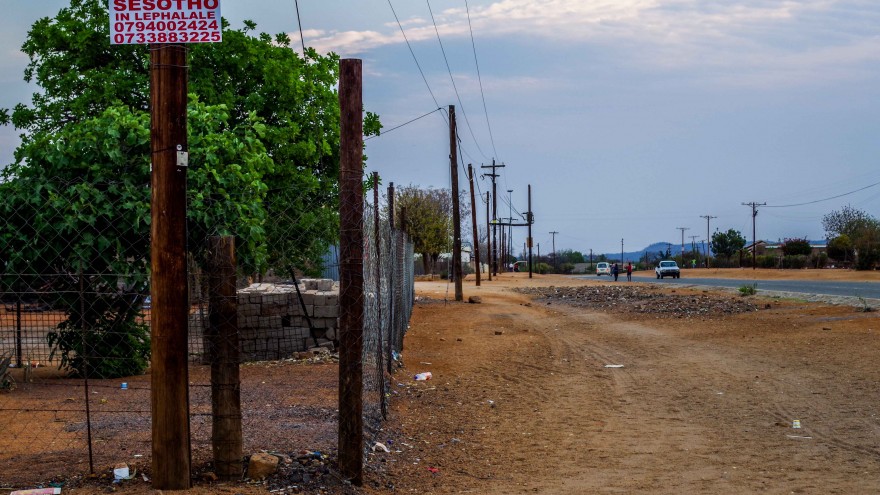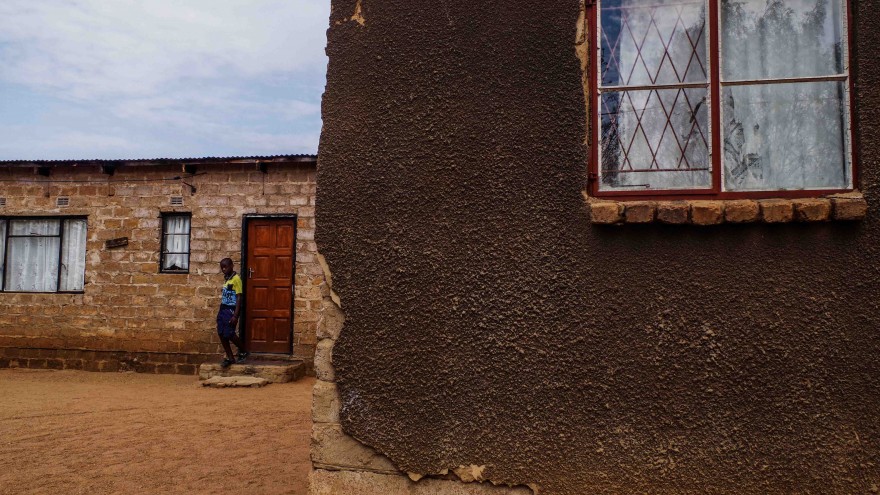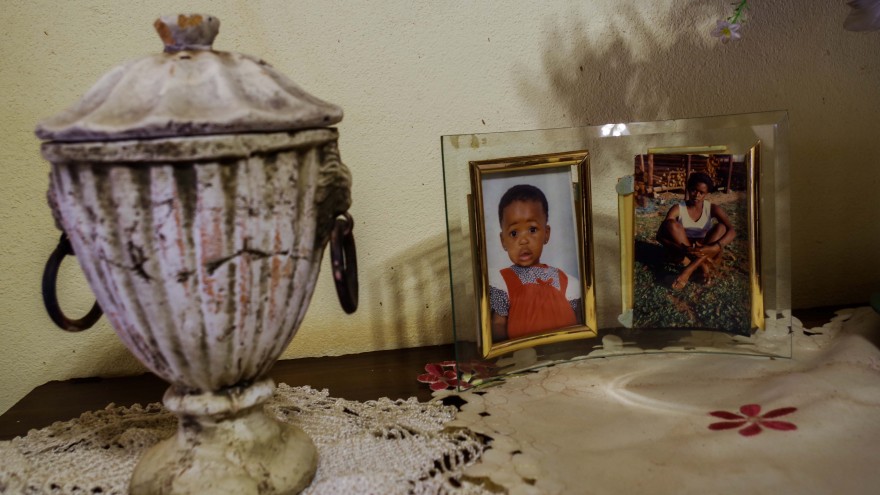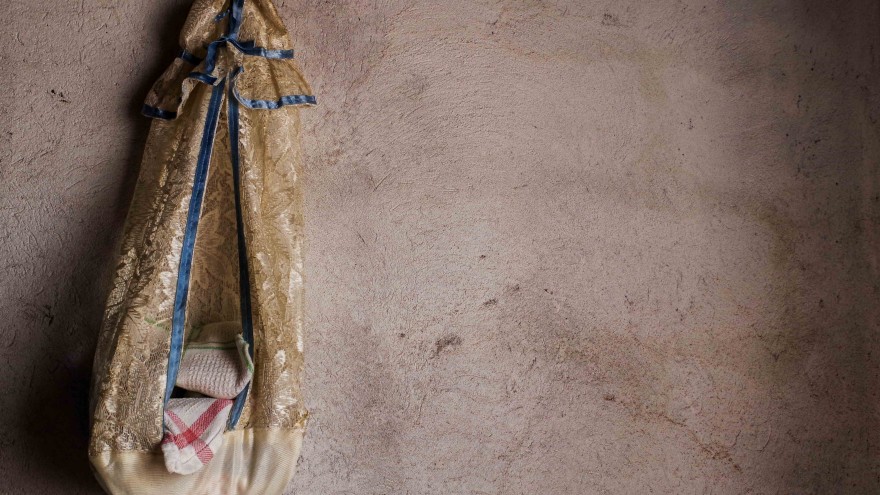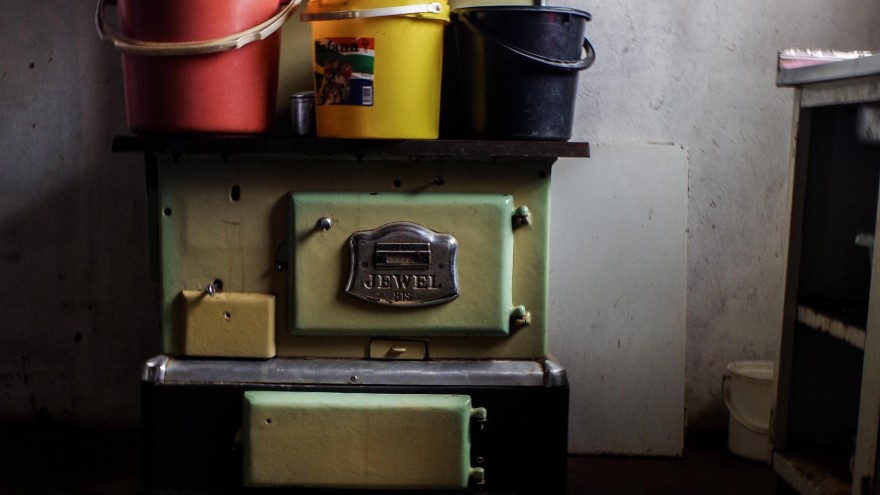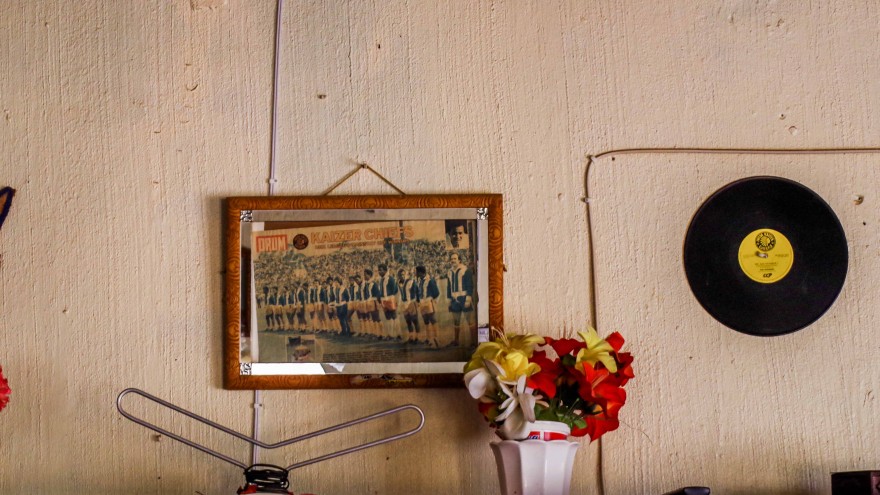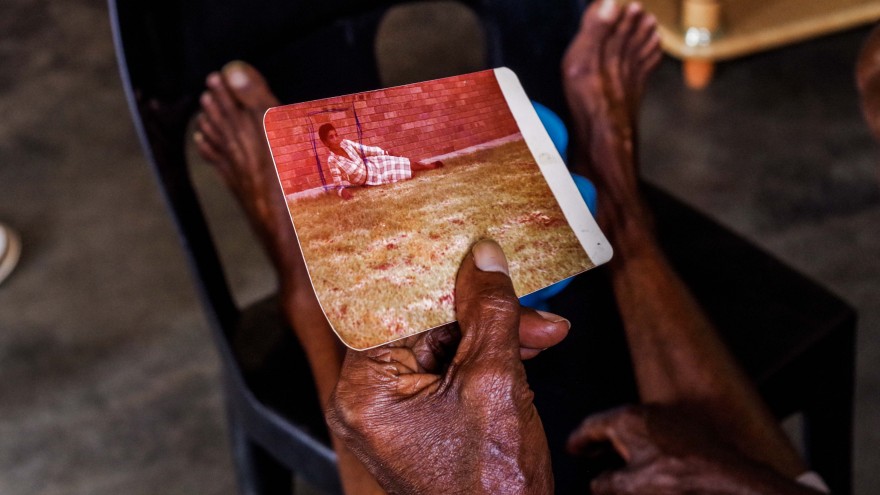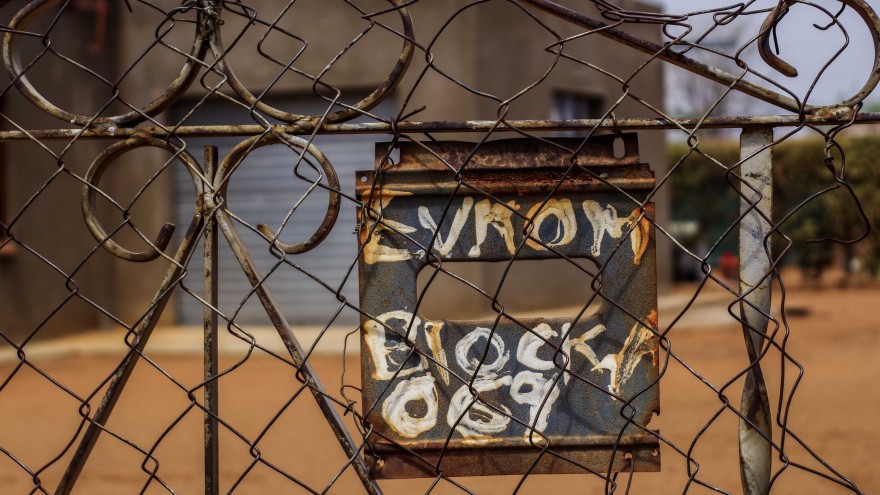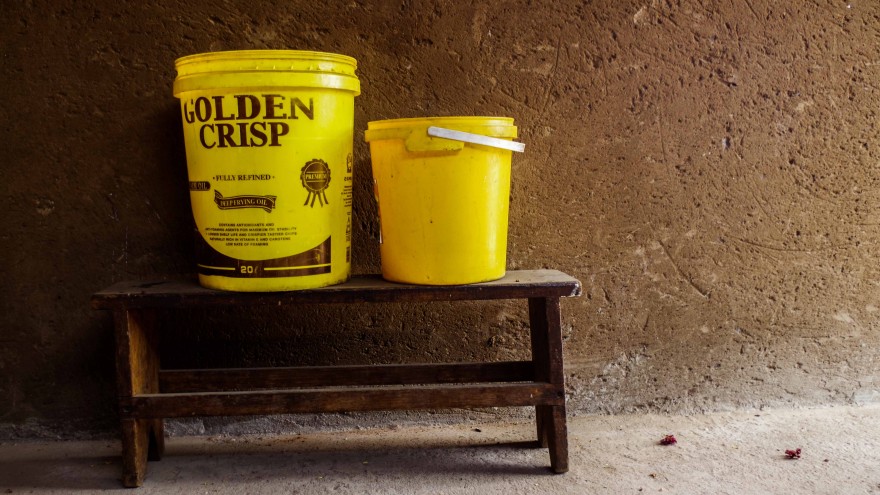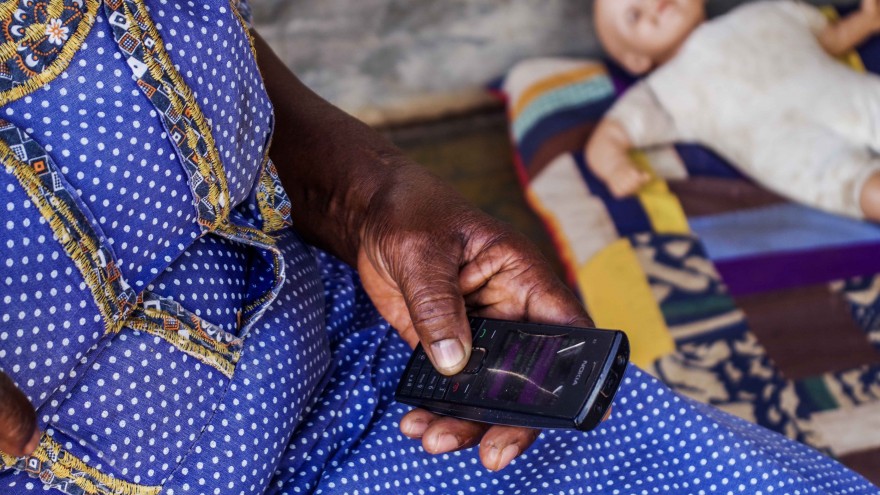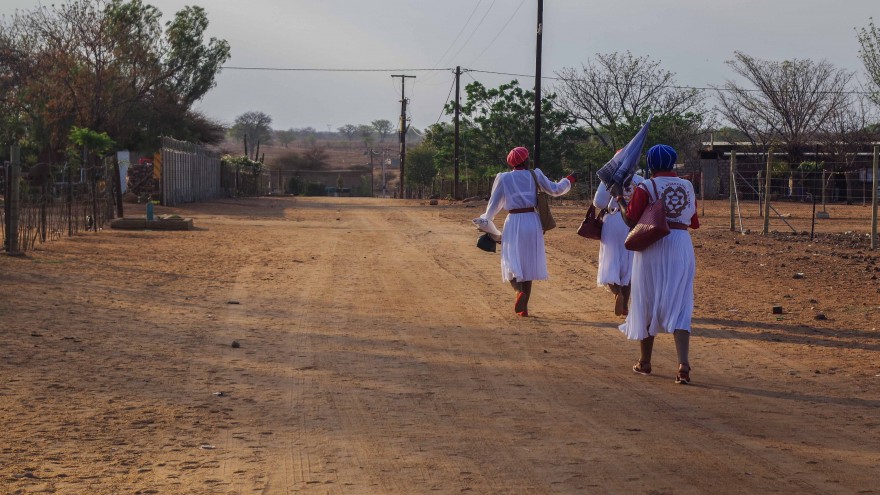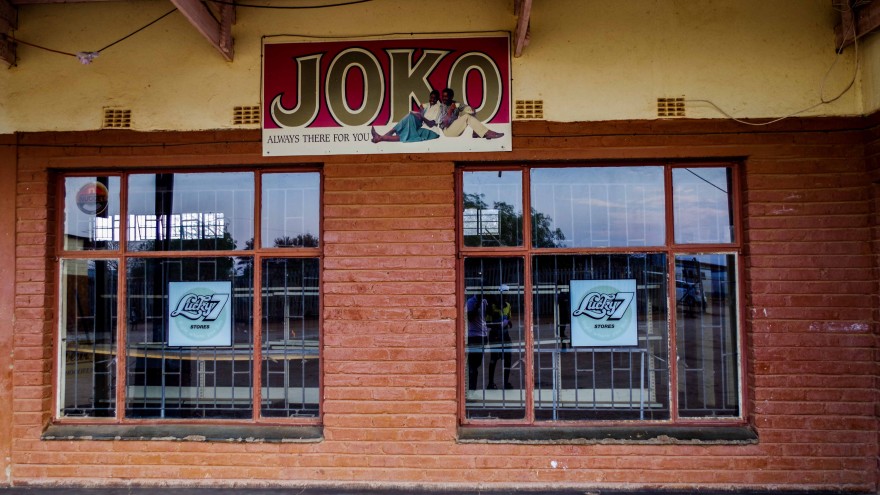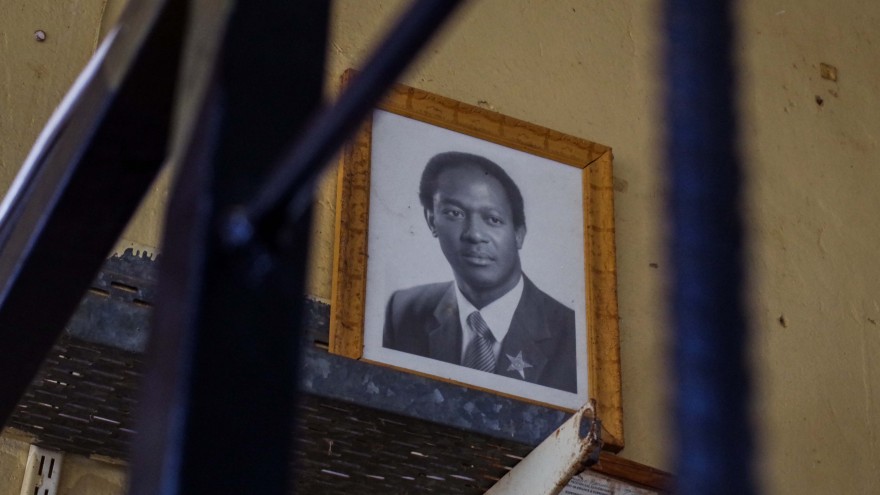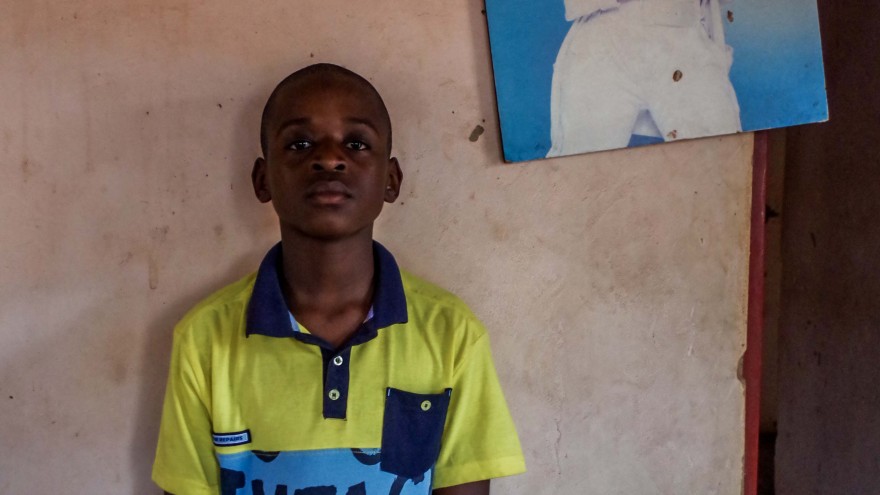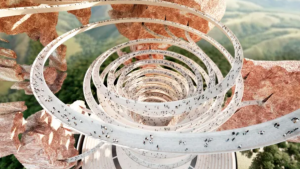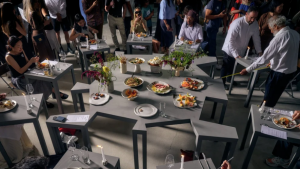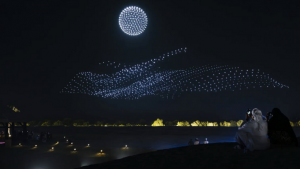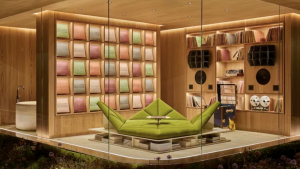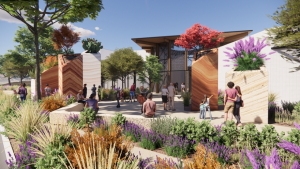When most people look to escape the city, they often journey to beach towns and quaint, coastal villages or similar destinations. For photojournalist and self-proclaimed ‘amagoduka’ (one forced to move to the city in search of economic opportunity) Tshepiso Mabula, escaping the city means a return home. Born in Shongoane, a small village in the Lephalale district of Limpopo and raised in Mount Frere in the Eastern Cape, Mabula moved to Johannesburg in 2002. Her photo series, titled Echoes of Nostalgia, is an ode to the restorative powers of home and contemplates the return to the site of one's childhood as a pilgrimage. We asked Mabula to tell us more about her work.
Tell us about Echoes of Nostalgia.
When other people go on holiday we go home – to heal, to resuscitate our ailing souls, and ultimately to find strength to come back to the city to hustle and grind. I recently went back home to Lephalale after nearly a year since my last visit. This trip was a reminder to me of the healing powers of "home". People like me are known commonly as ‘amagoduka’, those who are forced by circumstances to leave their place of birth for the city in search of opportunities. For many people, home is where their feet go to feel the warmth from the soil that gives rest to their ancestors. It is where we relieve ourselves from the traumatic scenes of everyday living, where we remember who we were before the city diluted our character. Home is where our eyes get to see the small pieces of everyday that remind us of our childhood; of a simpler time when Sundays were filled with echoes of Yvonne Chaka-Chaka and sips of Lion lager, a time when the warmth of Gogo’s Defy jewel coal stove drove away the bitter cold of underprivileged winter nights. This series takes a look at how small fragments of our past that exist mostly in our places of birth bring us solace and peace even in our current circumstances. The past they say is a blue print for the kind of future we desire, and going home provides us with a reference for where we come from and a guideline for where we must go.
Do you have any formal training in photography/story telling?
I studied photojournalism and documentary photography at the Market Photo Workshop and that is where I learned the importance of narrative in photography.
What inspires your work?
I am inspired by daily life. There is an invisible beauty in mundane life that I like to capture. I believe that if people see themselves just as they are in photographs, if they see themselves helping each other, smiling, and living, and just trying to get through the day they’ll see the strength they have and start to live with a better knowledge of themselves. That is what I want to show in my images.
Do you have a favourite image within the ‘Echoes of Nostalgia’ series? If so, why?
My favourite image in the series is an image of an old Bafana Bafana team picture and a vinyl in my great-aunt’s living room. She always insisted on keeping her house exactly as it was when we grew up in it and sitting in her living room is like time travel: every item is a reminder of times gone by. It’s a true echo of nostalgia.
What do you hope people gain from the images?
I have never been on a luxurious trip or holiday. Every holiday I have is spent back home in Lephalale and this is the case for a lot of people like me. My hope is that people will be able to relate to the idea of going back home as a pilgrimage and appreciating that our lack of privilege – although not ideal – is not all atrocious, and that as black people our culture is built on making the best of any situation.

